Steven Spielberg once co-directed the controversial anthology film Twilight Zone: The Movie alongside fellow filmmakers John Landis, Joe Dante, and George Miller.
The endeavor, upon release, was met with lukewarm reviews and an average performance at the box office. There’s a different reason why this seemingly mediocre effort remains widely remembered, though.
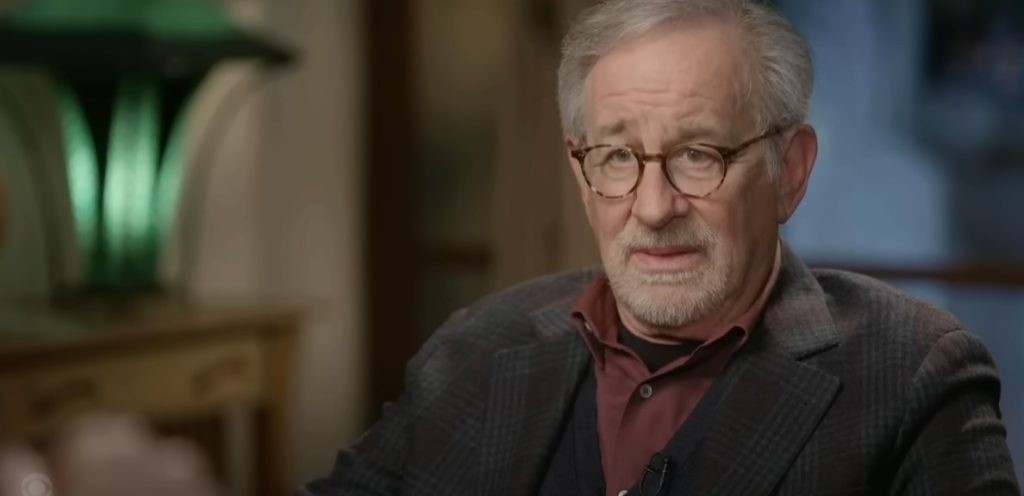
Acclaimed director Steven Spielberg
The incident in question is the dubbed Twilight Zone accident, which occurred in 1982 when two child actors who were recruited illegally and actor Vic Morrow were killed during the filming of a stunt for Landis’s segment. Co-director Steven Spielberg expressed his regret when questioned about the alarming mishap.
Reports also allege that the Jurassic Park alum was so disturbed by the events and colleague Landis’ handling of the situation that he decided to end their friendship and called for a necessary change in the industry.
Lack Of Safety Precautions Caused A Shocking Hollywood Tragedy
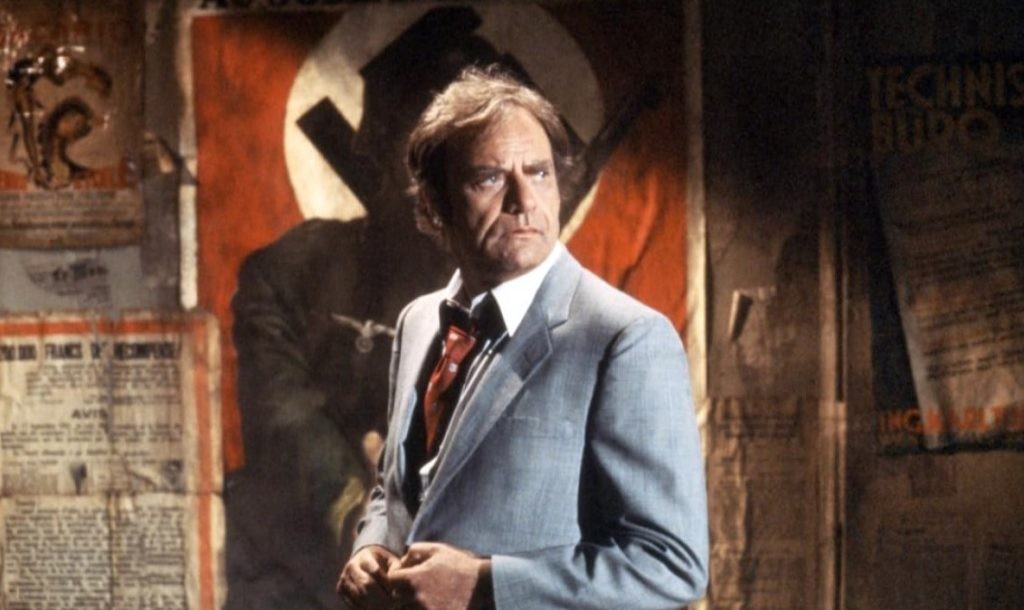
Vic Morrow in Twilight Zone: The Movie (1983)
On July 23, 1982, Vic Morrow and child actors Myca Dinh Le (aged 7) and Renee Shin-Yi Chen (aged 6) passed away during the production of the John Landis-helmed Time Out segment. This particular portion of the anthology film involved several stunts and spectacles. During a specific sequence, Morrow’s character, Bill Connor, finds himself back in time during the Vietnam War. The scene necessitated Bill protecting two Vietnamese children while being pursued by a U.S. Army helicopter.
During the production of the action-filled sequence, however, a Bell UH-1 Iroquois helicopter crashed at the filming location at Indian Dunes, Valencia, California. The rotorcraft was hovering near a large debris mortar (a device used for movie special effects) and eventually lost control due to lamentable coordination and reckless planning. When the device was detonated, the explosions caused damage to the rotor blades of the chopper.
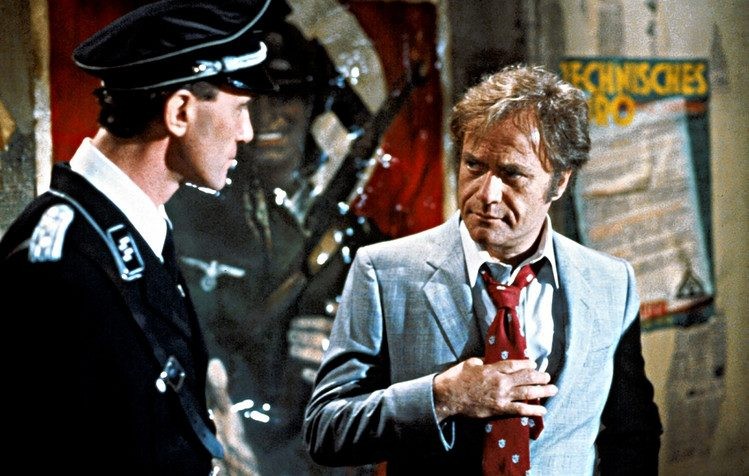
A tragedy struck the Twilight Zone: The Movie set.
The aftermath was a brutal and bloody one. While crossing a shallow river, Morrow and the two kids were hit by the helicopter, which crashed into them. The main rotor blades reportedly decapitated Morrow and Myca Dinh Le. Renee Shin-Yi Chen, on the other hand, was crushed to death (via Crime Library.)
According to The New York Times, investigators discovered that the kids’ involvement on the set had been illegal upon closer inspection of the fatal catastrophe. Le and Chen were reportedly compensated off the books, which allowed the production to evade California’s regulations against child labor.The Californian labor laws also mandate the presence of a teacher or social worker and prohibit child performers from working near explosives. Kids are also restricted from working at night. The incident occurred around 2:30 a.m.
Soon after, there was a public outcry. A legal nightmare ensued for the production team in charge of the shoot, which included director John Landis.
Steven Spielberg Regretted The Incident Deeply
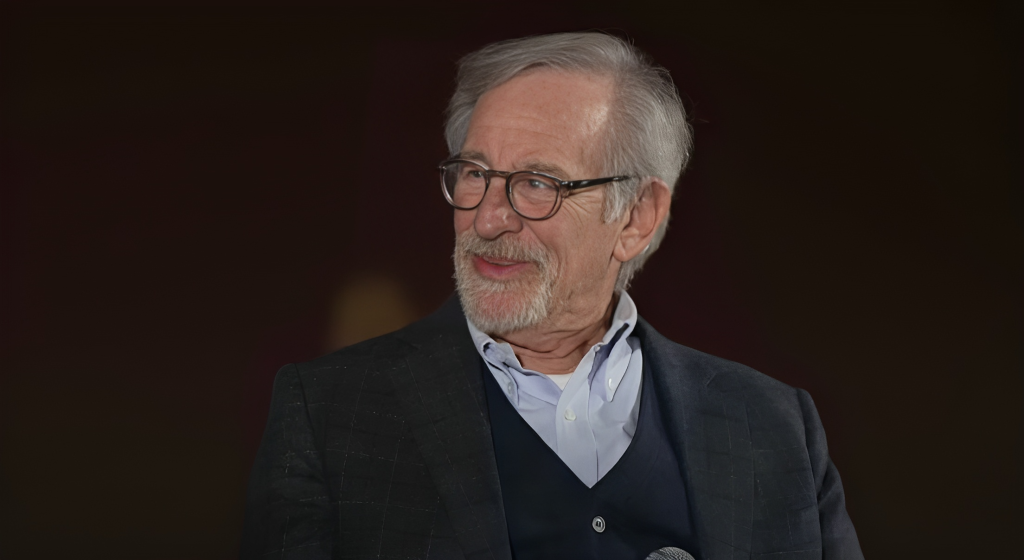
Steven Spielberg. Credit: Netflix
Steven Spielberg, co-producer of the 1983 endeavor and helmer of Segment Two, was once approached by the press to shed light on the incident following its heartbreaking aftermath. The acclaimed filmmaker, who put a full stop to his association with John Landis following the latter’s reported lackadaisical attitude in the harrowing incident’s handling, felt immensely disturbed by what had happened.As per Rolling Stone, the following was the Schindler’s List alum’s statement:
Various reports have also alleged that Spielberg objected to Landis’ use of live ammunition on the Twilight Zone: The Movie set. (via Looper.)
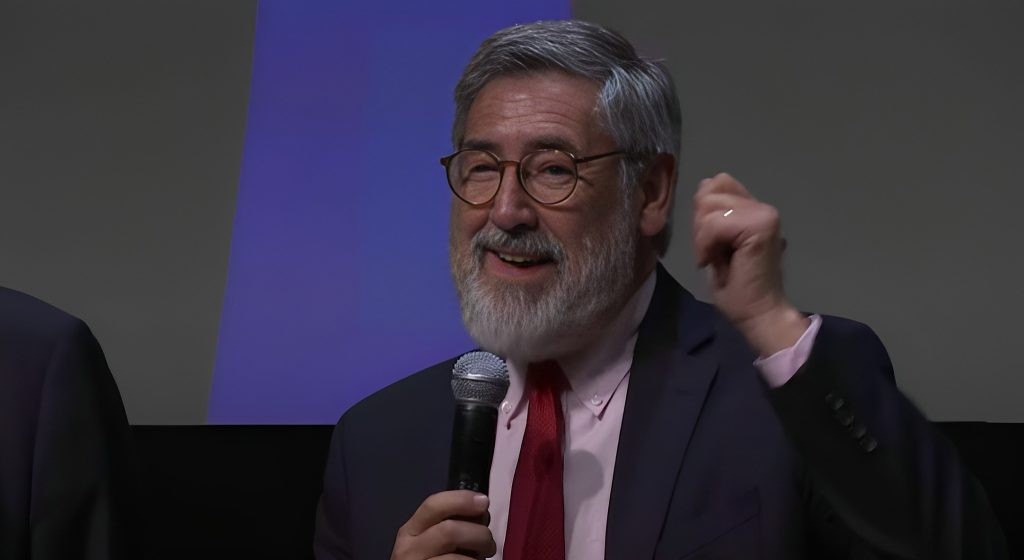
Director John Landis. Credit: TIFF Originals
The severe accident raised questions about the art of filmmaking and the complete exercise of a director’s control over a project, a modus operandi that persisted during the New Hollywood era. It further brought to light Hollywood’s unethical practices and evolved into a cautionary tale of what happens when there’s barely any planning, coordination, and risk evaluation on a movie production.
It’s been decades since the incident, but its implications are something that the industry has had to live with.
News
Behind the Scenes: The Influence of Hollywood on Henry Cavill’s Personal and Professional Life
Henry Cavill’s journey in Hollywood is a tale of triumphs, challenges, and unexpected twists. From his breakout role as Superman to his recent career shifts and exciting…
From Stardom to Superhero: How Henry Cavill’s Film Career Shaped His Life
Henry Cavill, the charismatic British actor, has risen to prominence in Hollywood through his captivating performances and striking on-screen presence. From his early breakthrough roles to his…
Evolution of a Superstar: Henry Cavill’s Top 5 Career-Defining Roles Post ‘Man of Steel’
Henry Cavill’s journey from portraying the iconic Superman to embracing a diverse range of roles has solidified his status as one of Hollywood’s most versatile actors. While…
Beyond the Cape: Unmasking the Surprising Layers of Henry Cavill’s Character
Henry Cavill, the dashing leading man known for his roles in “The Witcher” and as the iconic Superman, has captured the hearts of audiences worldwide. Yet, beneath…
Behind the Curtain: 5 Eye-Opening Lessons for Young Actors from Henry Cavill’s Career Trajectory
Henry Cavill, the British actor best known for his iconic portrayal of Superman, has captured the hearts of audiences worldwide with his captivating performances and undeniable charisma….
Decoding Henry Cavill’s Wealth Management Strategies: An In-Depth Analysis Revealed!
Henry Cavill, known for his iconic roles in films like “Man of Steel” and “The Witcher,” is not only a talented actor but also a savvy businessman…
End of content
No more pages to load











